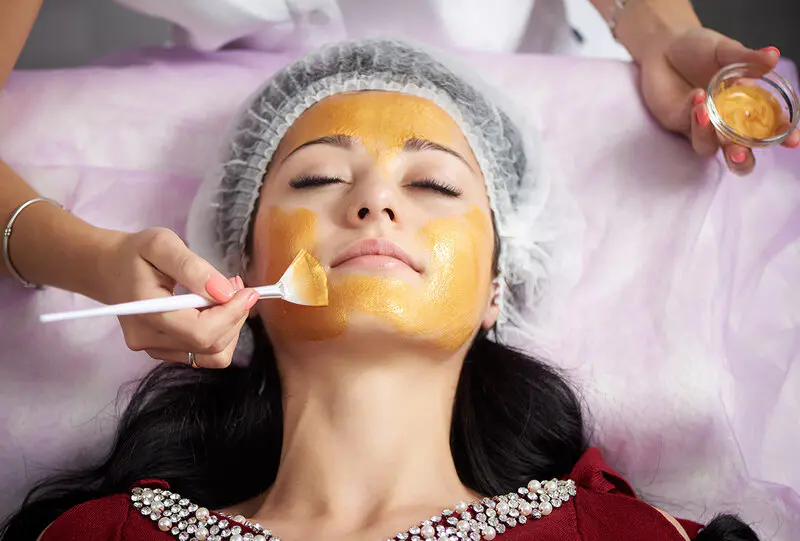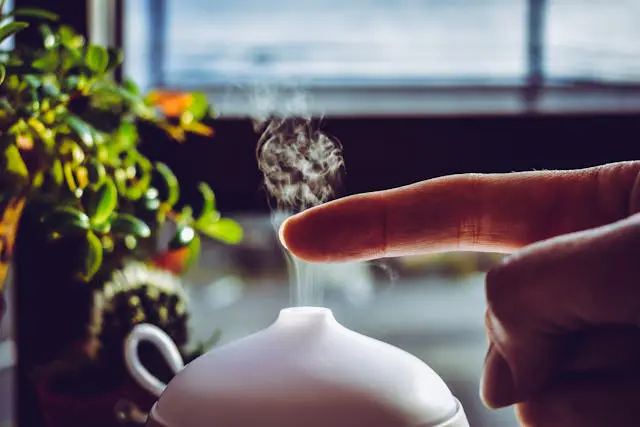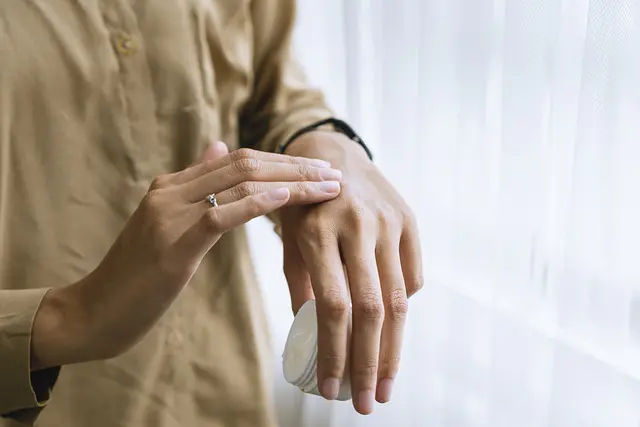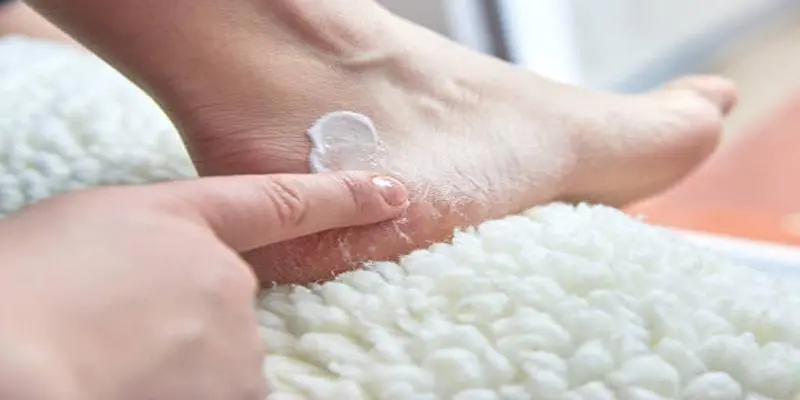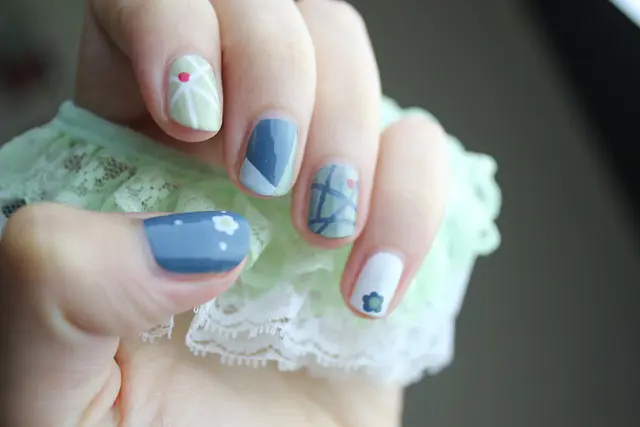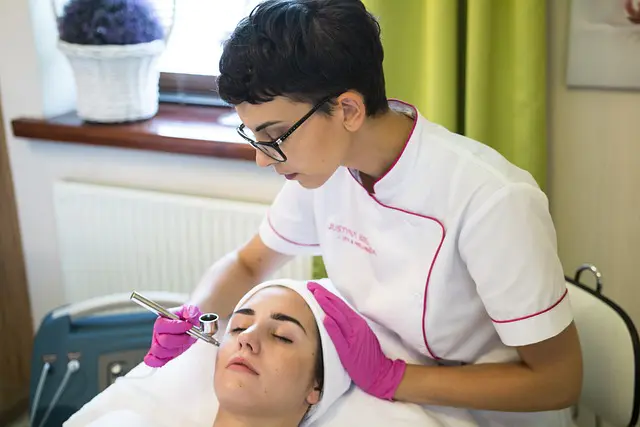While it's widely acknowledged that sleep is indispensable for overall health, its significance in preserving and enhancing skin vitality is less commonly discussed. Often termed "beauty sleep," the rejuvenating impact of a quality night's rest is not limited to mental and physical recovery. Sleep is a cornerstone for skin repair and renewal, contributing to a complexion that is youthful, luminous, and clear of imperfections.
This article delves into the scientific basis of sleep's influence on skin health, the advantages of restful sleep for your beauty regimen, and strategies to optimize your sleep for improved skin health. Gaining insight into the link between sleep and skin care can encourage you to prioritize slumber and naturally enhance your skin's appearance.
1. The Interplay of Sleep and Skin Cell Regeneration
Sleep is a period when the body engages in rest, recuperation, and repair, with the skin being no exception. Throughout the night, the body navigates through various sleep stages, each contributing to skin health in unique ways. The most impactful stages are deep sleep (slow-wave sleep) and REM sleep, both critical for skin cell regeneration.
1.1 The Impact of Growth Hormones on Skin Restoration
Growth hormones are secreted during deep sleep, playing a pivotal role in tissue growth and repair, including the renewal of skin cells. This process is essential for maintaining a youthful appearance and minimizing the signs of aging. Growth hormone secretion is most pronounced at night, facilitating the regeneration and turnover of skin cells.
This natural process aids in refining skin texture, diminishing the visibility of fine lines and wrinkles, and achieving a balanced skin tone. Sleep, therefore, serves as an innate mechanism for skin revitalization, allowing the skin to mend from daily environmental stressors, UV exposure, and pollution.
1.2 Mending Skin Damage
The skin endures various external stressors throughout the day, such as sun damage, pollution, and adverse weather, leading to skin inflammation, oxidative stress, and premature aging. During sleep, the body endeavors to rectify this damage by increasing blood circulation to the skin and enhancing collagen synthesis.
Collagen, a protein providing structure, firmness, and elasticity to the skin, is supported by adequate sleep. This promotes the skin's plumpness, smoothness, and youthfulness. Additionally, sleep improves the skin's moisture retention, leading to enhanced hydration and a radiant complexion by daybreak.
2. Sleep and Skin Health: The Influence of Rest on Your Skin's Condition
Beyond the general skin repair benefits of sleep, restful slumber also impacts the prevention and management of various skin conditions, including acne, eczema, and dry skin.
2.1 Acne and Skin Irritations
Sleep deprivation can escalate stress hormone levels, such as cortisol, potentially triggering acne breakouts. High cortisol levels are associated with inflammation, sebum production, and clogged pores, all of which contribute to acne development.
Conversely, ample sleep helps regulate cortisol levels, alleviate stress, and maintain hormonal balance. By managing these factors, sleep can prevent breakouts and foster clearer skin.
2.2 Dryness and Dehydration of the Skin
Insufficient sleep increases the skin's susceptibility to dehydration. Sleep is instrumental in repairing the skin's moisture barrier, preventing water loss and maintaining hydration throughout the night. Chronic sleep deprivation can disrupt this process, resulting in dry, flaky, and lackluster skin.
Adequate sleep helps maintain the skin's natural moisture balance and supports self-repair, leading to softer and more supple skin by morning.
2.3 Eczema and Skin Inflammation
Inflammatory skin conditions like eczema can be exacerbated by poor sleep quality. Inadequate sleep enhances systemic inflammation, worsening symptoms of eczema, psoriasis, and other inflammatory conditions.
Restorative sleep is crucial for reducing inflammation and aiding in the healing of inflamed or irritated skin. Prioritizing sleep can lead to fewer flare-ups and improved skin comfort for those with chronic skin conditions.

